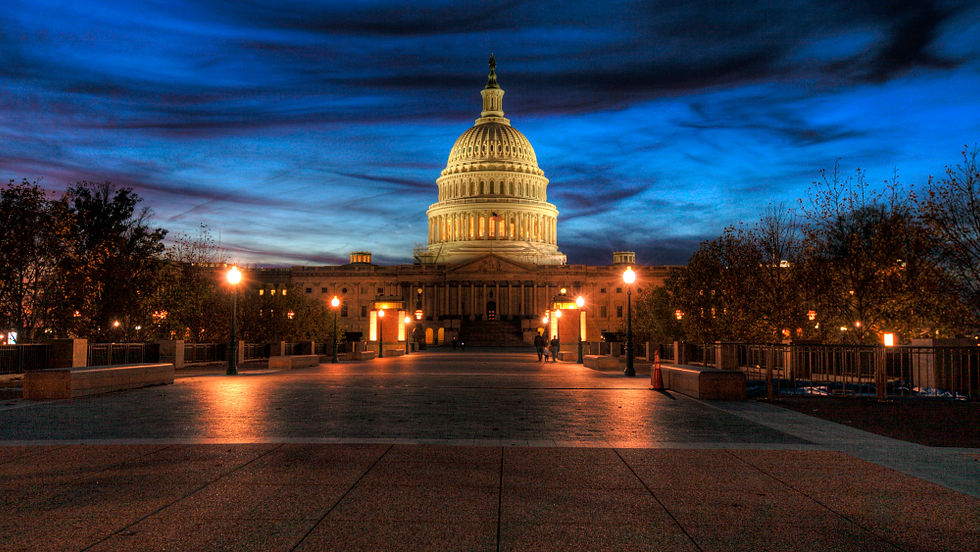The question of American exceptionalism - Part 1
- Soham Mukherjee
- Jul 7, 2018
- 3 min read
One of the prevalent debates over the past few years has centered around the current state of American exceptionalism.
Has America slipped from its prime, needing radical policy changes to become “Great Again”, or are the shouts merely misguided pessimistic portraits?
If in fact, America has fallen into a state such that it has lost touch with the traits that made it the unquestioned global vanguard, has the fall been self inflicted, or a result of uncontrollable factors that would have slowed the superpower regardless of policy?
Over several articles to be published throughout the course of the summer term, I will use ideas from Robert Gordon’s terrific book The Rise and Fall of American Growth, along with personal opinions to investigate whether our country can return to times of prosperity.
We will see whether those bursts of prosperity were a path that we steered off of, or a moment in the sun that was too good to be true. I will leave the readers with a metaphor to foreshadow the ideas of future articles:
Imagine a region filled with small towns, where each town is responsible for developing a basketball team and its own equipment to play against other teams from different towns. Some teams are better than others as they have had a longer tradition of playing the game, and those teams are known as Class A and they play relatively even matches. Teams that are just learning the game and are left with the cheapest equipment tend to fare poorly and are considered Class B teams.
A plague falls upon the region, and all the potential towns are sidelined from playing basketball as they tend to their sick citizens.
However one town among the Class A, Town US, manages to avoid major losses to its citizens and uses the opportunity to develop new strategies and improve its players. Despite being filled with thousands of people, US only allows a certain subset to try out for the team.
Nevertheless it manages to make the best equipment for its players, and it starts providing prospective players with a great education on how to play basketball. Team US has managed to develop the best equipment and tactics while the other teams were stuck recovering from the plague and got lost trying out failed tactics. Predictably, US defeats every town and is considered the best team in the region.
Team US then realizes that it has not been maximizing its potential, and opens up tryouts to more and more people to try out for the team. Team US is now able to use most of the potential players in their town, and those players have the nicest shoes, best practice facilities, and smartest coaches to devise strategies. It seems like nothing will be able to top Team US.
However once the other towns officially recover from the plague, they see what Team US is doing and decide to emulate their methods. They manage to copy their tactics, and manufacture the same equipment and facilities for their own players. It takes a while for them to realize the full advantages, but eventually Team US goes to a match one day and realizes that the other team was using the same equipment and strategies they were.
After managing to come away with a short win, Team US decided to go back to the drawing board, but they were stuck in a confusing situation. They had gotten almost every available person to play for the team, had devised advanced equipment for their players that couldn’t get more sophisticated, and their strategies couldn’t possibly get more technical: at the end of the day it was just basketball.
Even if they were to come up with something new and innovative, it was only a matter of time before other teams got a hold of what they were producing and did the same thing. Team US may still have an advantage over the other teams from experience and innovation, but having exhausted all areas of potential competitive advantage, the glory days now seem like a distant past.
I conclude with asking the reader:
Once Team US came out of the plague unharmed, did it follow a self defined direction, or an inevitable destiny ?







Comments